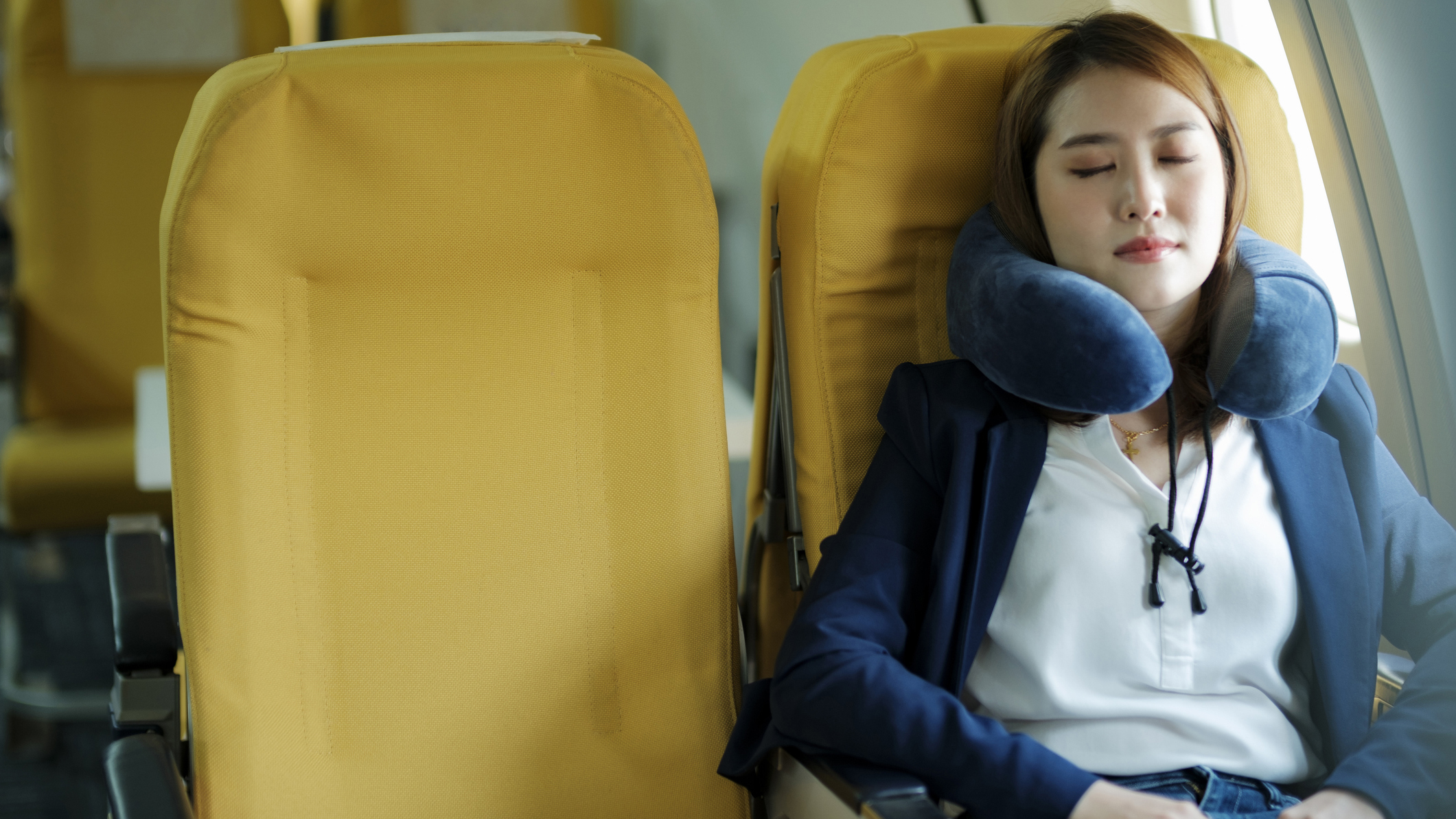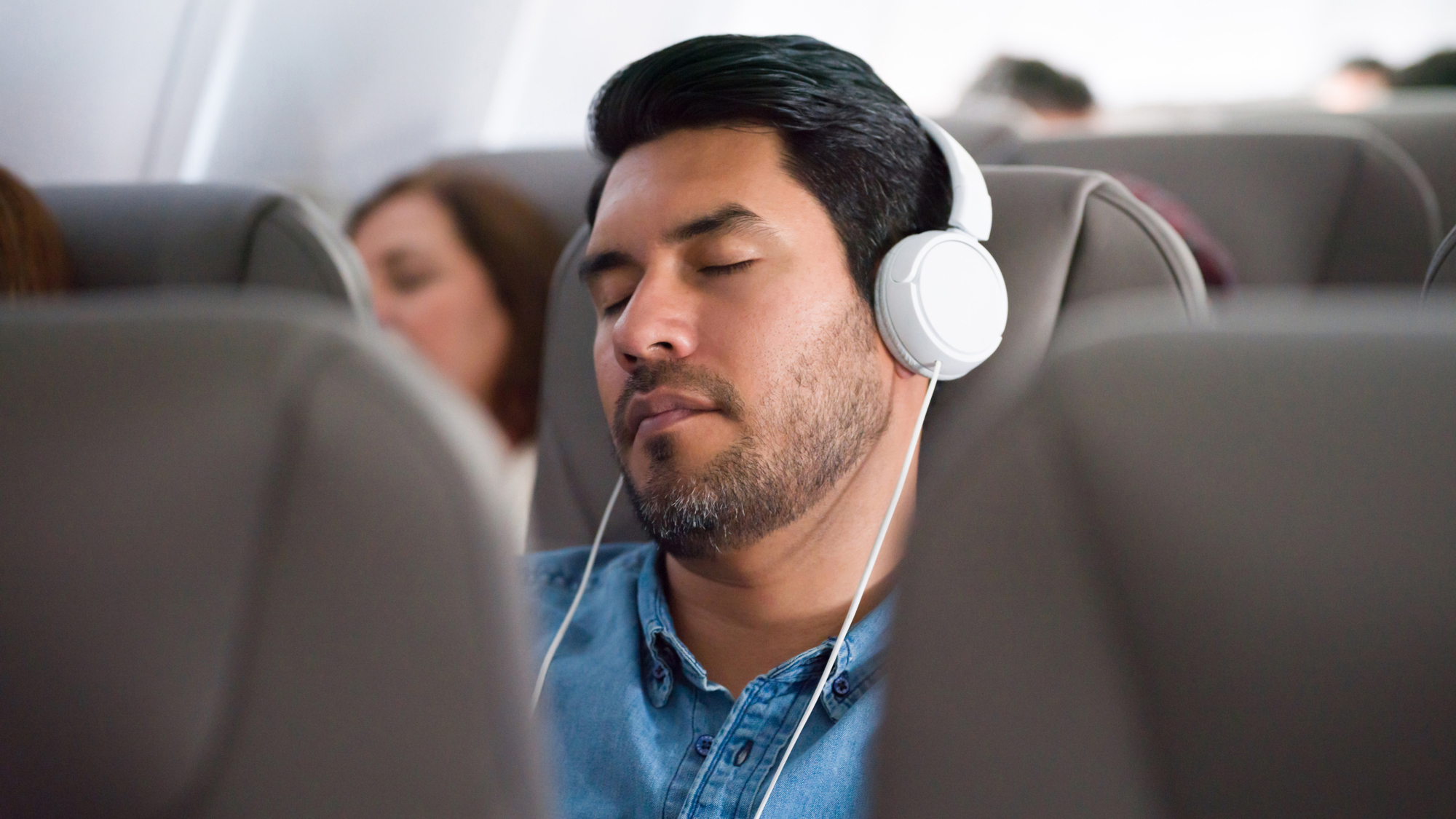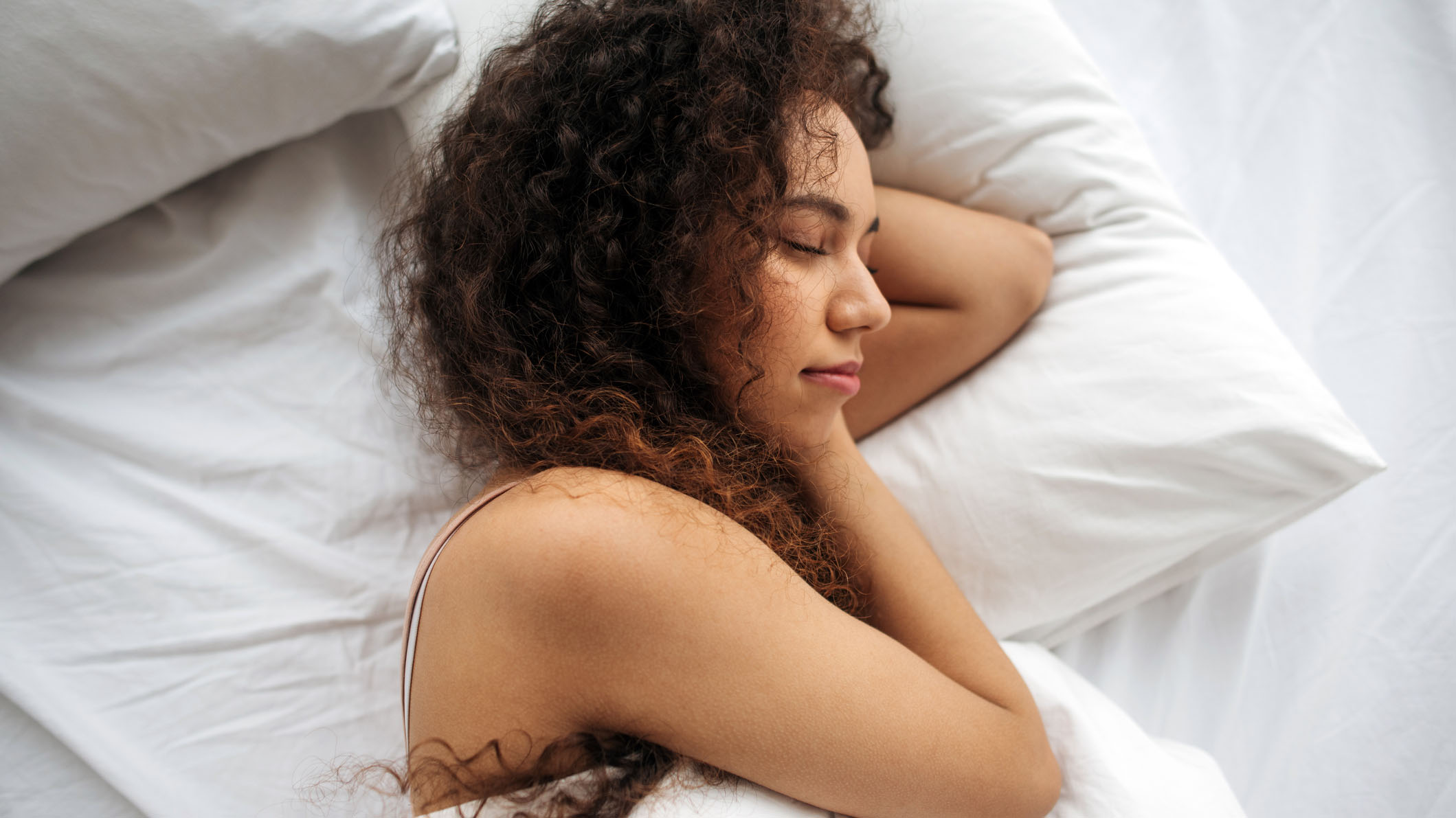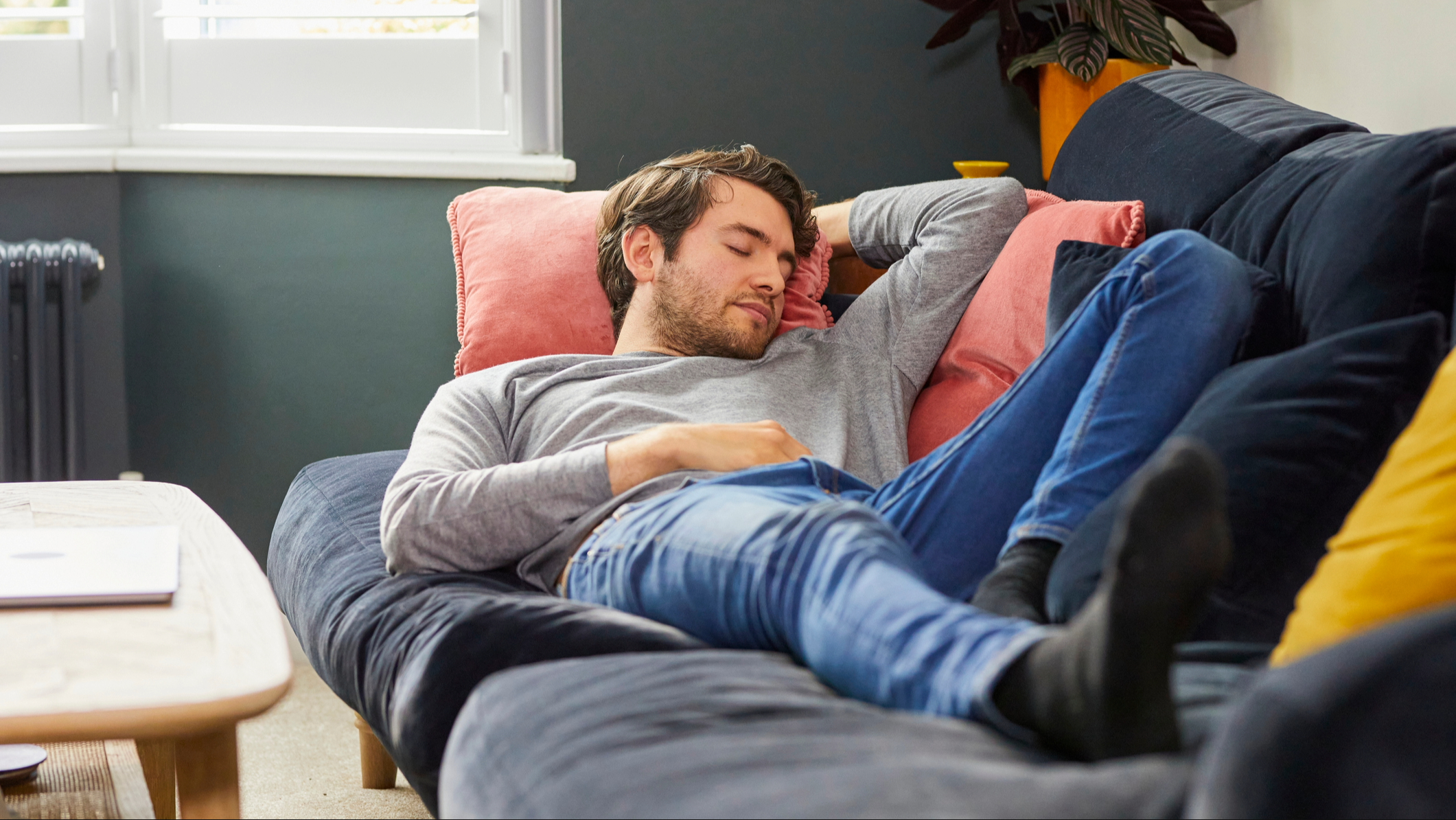Sleep experts explain how to get over jet lag (and avoid the worst of it)
Jet lag is tough, but there are several things you can do to get over it quickly

Flying to an exotic location is exciting, but jet lag can spoil your experience at first. It can affect you mentally and physically, causing brain fog and exhaustion that lasts for days. Learning how to get over jet lag (and even how to avoid it) and fix your sleep schedule afterwards is something every traveller should get to grips with.
Most of us know some secrets about how to handle jet lag, but are there other simple things to do before and after boarding the plane to help your body and mind adjust to your destination's time zone.
To help you, we recently spoke to sleep experts to get their top tips for how to avoid to jet lag, how to get over it if you do experience it, and how to fix your sleep schedule afterwards. From controlling light exposure to keeping hydrated, below are their expert tips for relieving your time zone problems when flying...
What is jet lag? An expert definition
Jet lag is when your internal body clock is confused by travelling between different time zones after a long flight, causing your circadian rhythm to go out of sync. You’ll normally experience jet lag when you return home from a long flight where the time zone is different to the one you’re in – or even when you get to your destination.
So, what are the symptoms you may experience? “Physically, you may experience fatigue, digestive issues, and difficulty falling or staying asleep,” Denise Lordache, sleep therapist at JoySpace Therapy, explains.
Lordache adds that you can be mentally affected too and jet lag can lead to cognitive impairments such as decreased alertness, memory problems, and mood disturbances. “These symptoms occur because your body relies on a consistent light and dark schedule to regulate biological processes, including sleep, hormone release, and metabolism.”
How to get over jet lag
Travelling across multiple time zones can wreak havoc with your sleep, while one study even showed that travelling east can be worse than travelling west. The study shows that 75% of people found that their jet lag was worse when they travelled east, instead of West.

So, why is this? “Our internal clocks typically run on a rhythm which is just over 24 hours. We find it easier to extend our days, and stay awake for longer (also called a ‘phase delay’), than to compress our internal rhythm and fall asleep earlier,” explains Dr Sophie Bostock, a sleep expert for Benson for Beds.
Sign up to get the BEST of Tom's Guide direct to your inbox.
Get instant access to breaking news, the hottest reviews, great deals and helpful tips.
Try the following steps to get over jet lag and restore your sleep schedule...
1. Control your light exposure
You can trick your mind and body, especially if you land in the morning and have to wait until the evening to sleep, by getting out into the sunlight. “Bright light is the key signal that our bodies use to keep internal rhythms coordinated with each other, and our environment,” explains Dr Bostock.
“Bright light lands on receptors at the back of the eye and sends an alerting signal to a master clock in the brain called the suprachiasmatic nucleus (SCN). The master clock triggers the release of serotonin, and the brain becomes more alert.”
2. Drink plenty of water (and limit alcohol)
Although you may be tempted to grab a cocktail when you get to your destination, it could make it harder to fall asleep later on explains Lordache: “According to the National Sleep Foundation, alcohol can interfere with your body's natural sleep processes, making it harder to fall and stay asleep. Alcohol can also disrupt your sleep patterns and exacerbate jet lag symptoms.”
Instead, Lordache suggests drinking water (plain or sparkling), herbal teas and hydration sachets to stay as hydrated as possible.
3. Create a comfy sleep environment
Many of us find it hard to sleep on the first night in a new location, so creating a familiar sleep environment will help you fall (and stay) asleep. “Bring along items that help you relax, such as a favourite pillow or a cosy blanket. Or even a smaller version of your preferred candle as smells can also make a hotel room feel like home,” Lordache explains.
If you're sensitive to noise or light, sleep accessories such as earplugs and an eye mask are also worth packing in your luggage. In a bid to banish jet lag when you return home, have your sleep environment set up ready for you to jump into.

When you're back home, investing in the best mattress for your body and sleep needs will make a huge difference to the quality of your rest. And if you do need to upgrade your bed, now is a great time to buy as many of this year's Labor Day mattress sales and deals are already live.
4. Adjust your watch to the local time
Although it may be fun imagining everyone at home fast asleep it won’t do your brain any favours. Trick it by adjusting your watch as soon as you step off the plane. Most phones or watches have an auto time zone setting, if not, you can manually adjust it just as you land. The quicker your mind adjusts, the easier it will be to trick your body.
5. Eat light meals
If, like us, flying always seems to make you hungry, don’t grab the richest food as soon as you get to your destination - instead opt for something light.
“Heavy, rich meals close to bedtime can cause discomfort and interfere with your sleep. Aim for light, balanced meals, and try to eat at regular intervals according to your destination's time zone.”
Lordache adds that some foods can even promote sleep: “Incorporate foods that promote sleep, such as those rich in tryptophan (turkey, nuts), melatonin (cherries), and magnesium (leafy greens).
Will napping help with jet lag?
Studies show that taking a nap can improve alertness, but be careful not to sleep for too long. Plan your nap and make sure you set an alarm for around an hour, giving you time to fall asleep and nap for around 10 to 30 minutes.
Power naps are the way forward here, but don’t be tempted to hit the snooze button as it could result in waking up feeling groggy – or your sleep schedule being further disrupted. A 2023 study showed that those who napped for too long struggled to sleep in the evening.

Can you avoid jet lag entirely?
Most of the time jet lag can’t be prevented, but here are a few things you can do to help you avoid the worst of it...
Adapt to a different time zone: “Begin by gradually adjusting your sleep schedule to match your destination's time zone a few days before departure. This can help ease the transition and reduce the impact of jet lag,” explains Lordache.
Sleep on the plane: Try and get as much shut-eye as possible, especially if you are flying through the night of your arrivals time zone. Bostock adds: “Always travel with an eye mask and ear plugs. If you can’t sleep, you can still rest.”
Meditation: Lordache explains that travelling can be stressful, which in turn can affect your sleep, and advises you to try some: “Deep breathing exercises, progressive muscle relaxation, calming hypnosis or mindfulness meditation,” on the plane or before you even leave for your flight.
How long does jet lag last?
According to CDC guidelines, travellers crossing less than three time zones are likely to experience jet lag for around three days or less, with some symptoms clearing up in as little as one day.
There are jet lag calculators online that can help you figure out how long your symptoms are likely to last based on where you are flying from and to, and how to get over jet lag tiredness quickly. The advice is the same as we've shared in this article. World clocks and timezone converters can help you figure out how many timezones you'll be crossing to give you an idea of what level of jet lag you can expect.
Sarah is a freelance writer who has been published across titles including Woman & Home, The Independent, and the BBC. Sarah covers a variety of subjects, including health and wellness. For Tom's Guide Sarah often writes about sleep health and hygiene, and interviews leading sleep experts about common issues such as insomnia and sleep deprivation.

